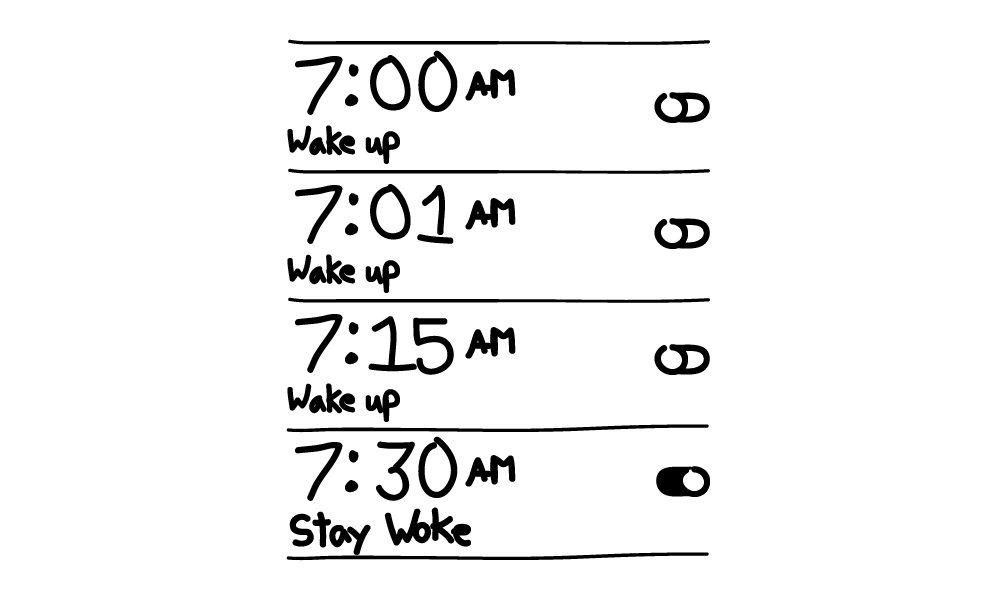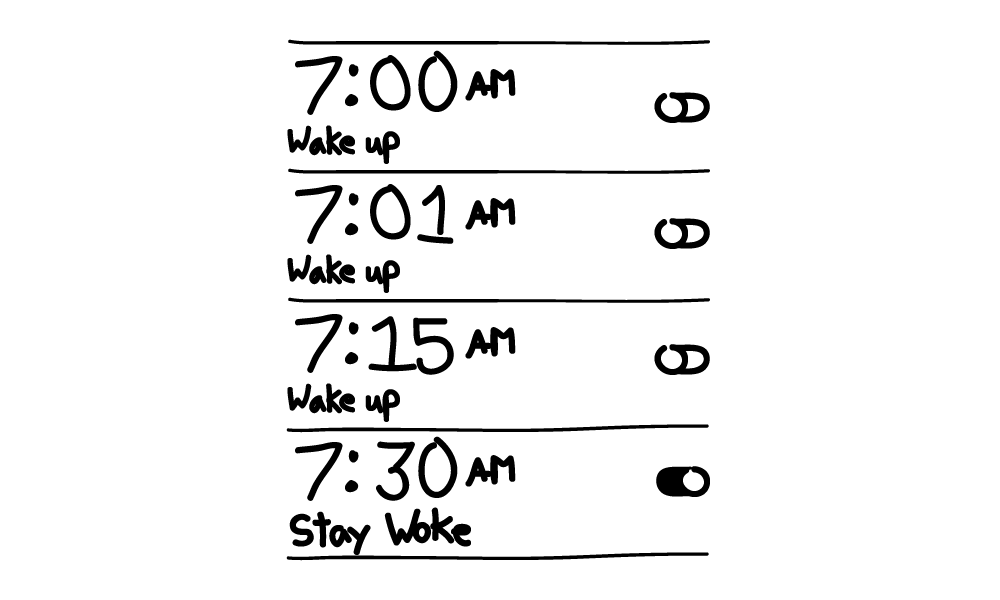Basically
This week, Trump, Russia, a resignation. Netanyahu, Beyonce’s loss, a “well-oiled machine”. Zuckerberg’s manifesto (all 6000 boring words of it!), SpaceX’s launch that wasn’t, the Bank of England’s animal-fat money stays. And in finale, rumor has it the woman suspected of poisoning Kim Jon-nam was wearing a “LOL” sweatshirt.
Verbatim
OK, so we’re linking to a Bitcoin story but stick with us. In “The Great Cryptocurrency Heist” at Aeon, EJ Spode writes about the strange politics that bubble up when utopian algorithms, the sort that attempt to fix human imperfection with a line or two of code, are shown to be flawed and exploitable.
Why are people so eager to put their faith in blockchain technology and its human supporters, instead of in other social and economic organisations? The upheavals of 2016, from Brexit to Trump, suggest that there is widespread fatigue with traditional institutions. Governments can be bought. Banks are designed to service the wealthy, and to hell with the little guy. ‘The system is rigged’ is a common refrain. But instead of targeting the moral failures of the system and trying to reform it, the very concept of ‘trust’ has become suspect. Blockchain enthusiasts tend to cast trust as little more than a bug in our network of human interactions. To be sure, one of the weird features of trusting relationships is that, in order to trust someone, there has to be some chance that they will fail you. Trust involves risk – but that’s not necessarily a bad thing.

Things
Kim Jong-nam—the exiled half brother of North Korean dictator Kim Jong-un—was murdered in Malaysia. It's alleged that he was sprayed in the face with a “dangerous material” at Kuala Lumpur International Airport. One of the suspects not wearing the “LOL” shirt claims she thought she was spraying men in the face with water for a TV prank show. This is a milestone in the weaponization of celebrity, blending cynical post-truth politics, terrorism, and exploitative reality TV.
For Real Life, Hannah Barton tackles the shifting definition of “fake news” through a satisfyingly retro cultural studies lens. It’s always nice to turn to the Situationists to make sense of our madnesses.
We Buckslippers aren’t much for hocus-pocus. But when a wise man speaks, you can’t help but listen. This is Alan Watts in the short film Zen and Now, from 1969, on the “muttering jazz” of the world : “the real world … its not material, its not spiritual, its not mental. It is what it is.”
For The New Republic, Anna Wiener (who wrote the brilliant n+1 Silicon Valley takedown “Uncanny Valley” last year) turns her focus towards transhumanism and the never-ending tech-utopian desire to “solve” death. Though the piece ends up as little more than a survey of the usual weird and wonderful players in this space, it’s a useful reminder of how our billionaire tech-industrialists don’t seem to realise their “debt to the present” as they obsess over a never-ending future.
By a lot of accounts, Second Life—the online community—has steadily dwindled since launching in 2003. But for Backchannel, Lisa French digs in a little deeper. The community is thriving; for many disabled people, Second Life is that alternate environment where they can be “mobile and have a ‘body’.”
Alissa Bennett is a gallery director who, until recently, has been very secretive about her obsession with with celebrity deaths. Her zine, Dead is Better—which debuted last February at the LA Art Book Fair (which is back this week, btw)—is a like a personal letter to a bunch of dead celebs like Anna Nicole Smith, Brittany Murphy, and Whitney Houston.
Meanwhile, everybody’s favourite Russian numbers station, UVB-76 (“The Buzzer”) issued its first mysterious coded broadcast in a while. We’re sure that’s nothing to worry about.
How are space hotels going?
We're about to blow up. Earn cool points and introduce us to your friends before Zuck name-drops Buckslip.





